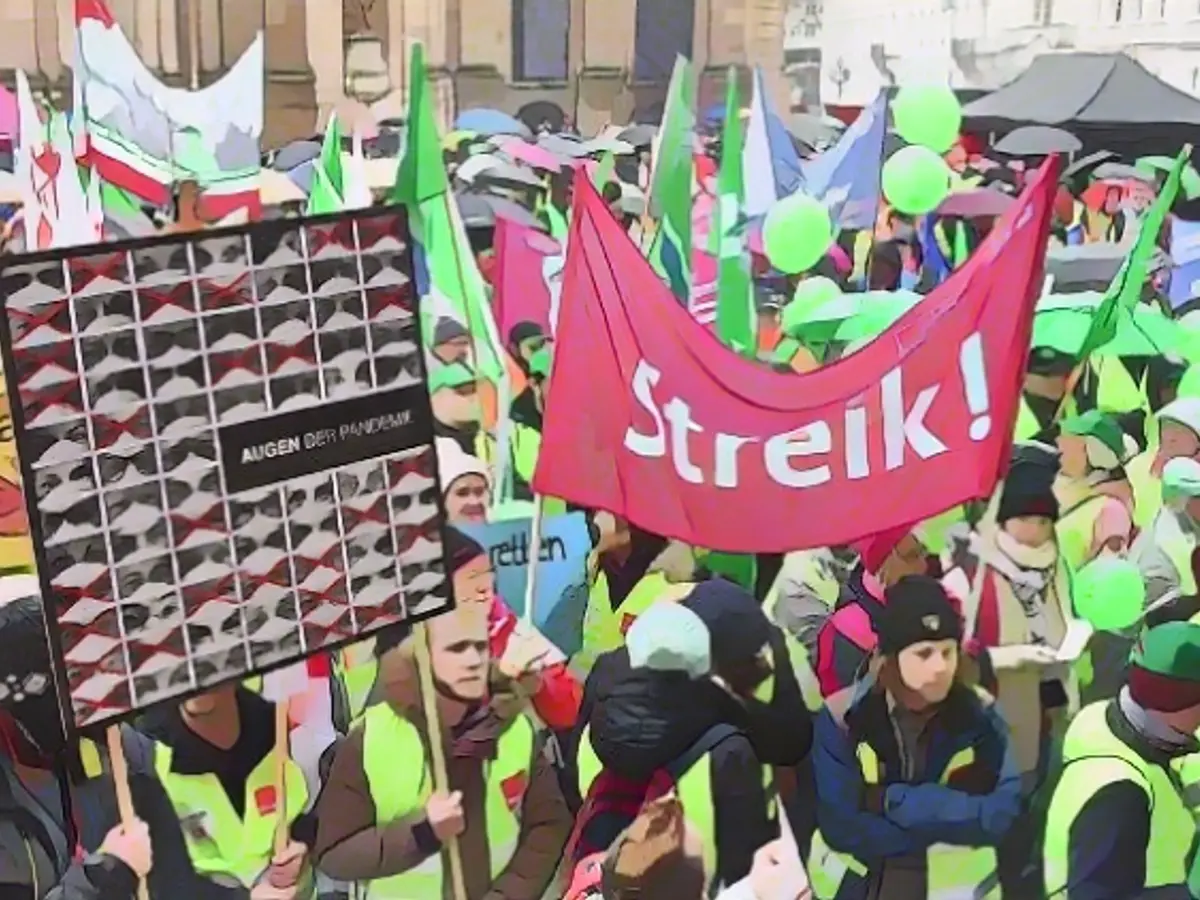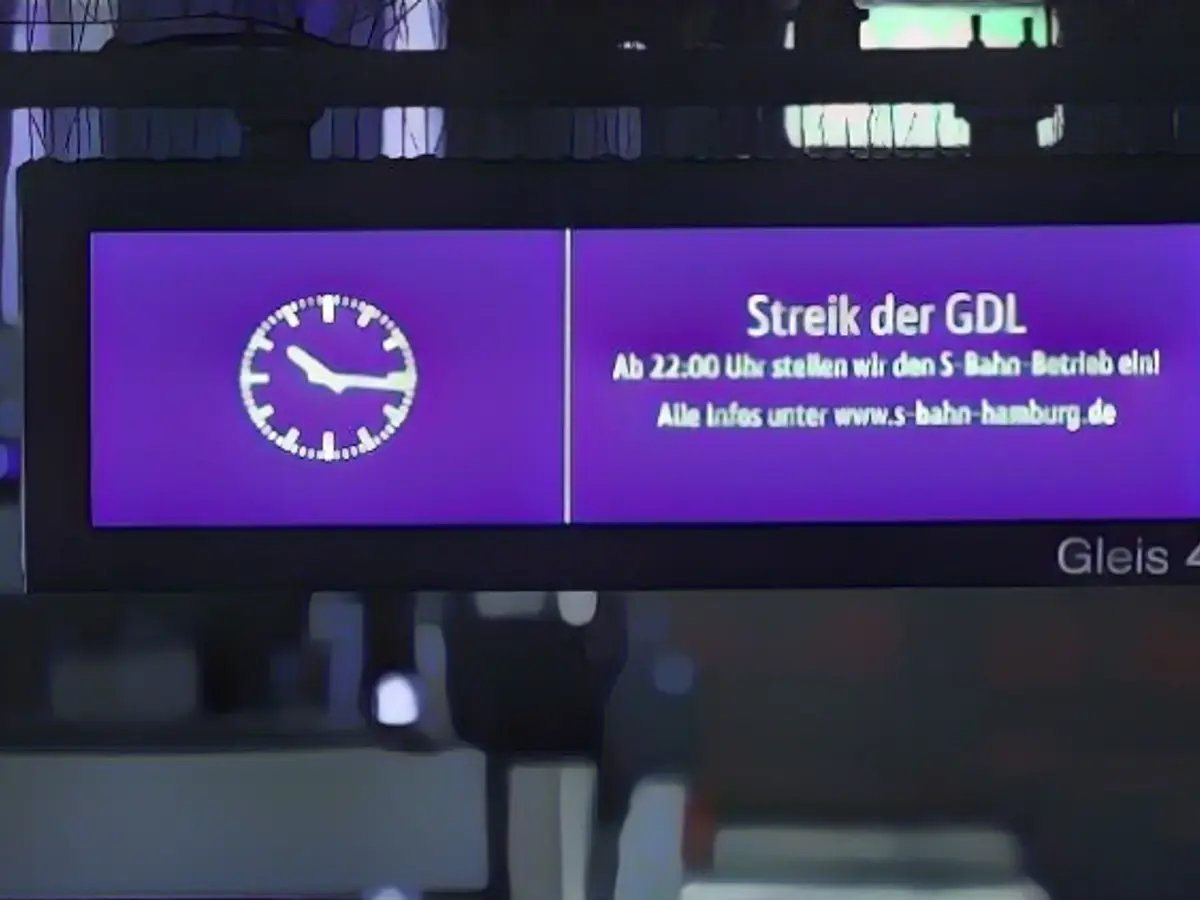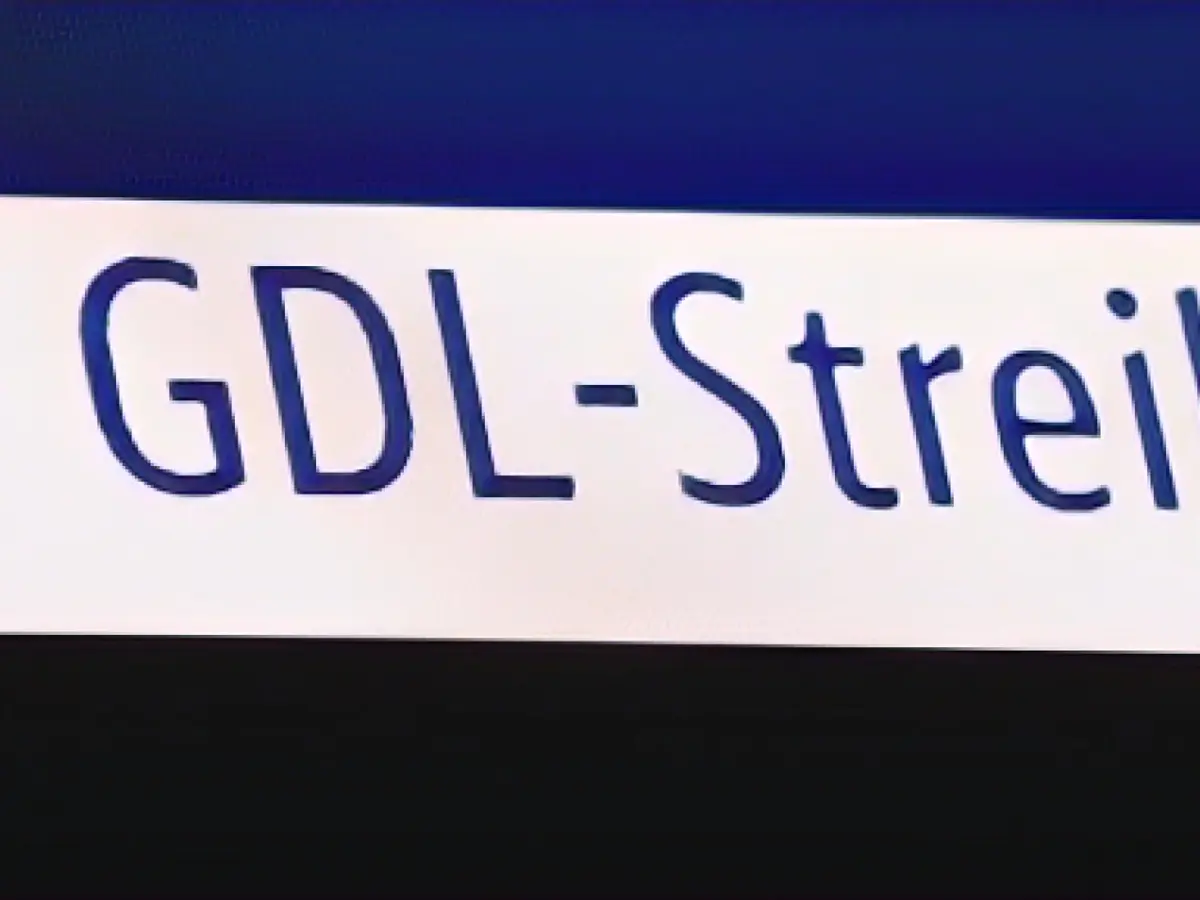Public sector wage negotiations reach a critical juncture
The ongoing labor standoff in Germany's public sector is set to reach its culmination on Thursday, as union representatives and employers convene in Potsdam for what may be the decisive meeting in the negotiations. Despite signs of progress, reaching a consensus is far from guaranteed. Here's a concise rundown of the main points:
Who's affected?
Over a million state employees directly face the consequences of these negotiations, with the potential for an impact reaching over three million people once the agreement is applied. This includes teachers, medical professionals at universities and hospitals, employees in the penal and justice systems, and daycare staff in Berlin. However, the state of Hesse remains uninvolved, as it does not participate in the Collective Bargaining Association of German States (TdL) talks.
Union demands
Germany's labor unions, led by Verdi and the dbb, are pushing for a 10.5% increase in wages, with a minimum of 500 euros, and preferably 200 euros, for junior staff. Negotiations also concern small salary adjustments for civil servants in Berlin, Hamburg, and Bremen.
Role of budget crisis
The employers argue they are limited in their ability to meet the union's demands full-force. The Tarifgemeinschaft deutscher Länder (TdL) chairman, Andreas Dressel, estimates the cost of full compliance at approximately 20.7 billion euros. The possible consequences of the Karlsruhe budget ruling could further reduce the available funding for the federal states, worsening the already tense fiscal situation.
Negotiations foundation
The negotiations stem from an agreement reached in April for the federal and local public sectors. After months of wrangling and arbitration, the result included a mix of tax and duty-free payments totaling 3,000 euros, a base increment of 200 euros, and a subsequent 5.5% increase. Unions had initially demanded a 10.5% increase but at least 500 euros more in this round of bargaining.
Significance of federal and local government agreement
The union representatives view the April agreement as crucial, as it serves to bridge the wage gap between the federal, state, and local government employees. Verdi head Frank Werneke expressed the concern that without comparable wages, the staffing situation in the federal states will continue to deteriorate.
Federal states' stance
The federal states aim to maintain a financially conservative position, but the Tarifgemeinschaft deutscher Länder (TdL) chairman Andreas Dressel suggests that adopting the April-settlement's wage structure could be possible, allowing for quick one-off payments. However, the full recognition of the April settlement would cost the employers around 17 billion euros, considered an excessive financial burden.
Conflicting points
The primary points of contention remain the expansiveness and potential stage of a linear increase, as well as the significance and structure of one-off payments. Employers strongly oppose the city-state bonus for Berlin, Hamburg, and Bremen and argue that providing such bonuses could create new complications in other metropolitan areas with high living costs.
Scenarios for the current round
Union leaders Frank Werneke and Ulrich Silberbach call for the employers to present an offer. Werneke suggests that an agreement is achievable, with several state finance ministers expressing their readiness to accommodate such an agreement. While Dressel maintains the employers' intention, budgetary constraints may prolong the negotiations until the weekend.
Potential consequences of Potsdam failure
If negotiations fail, arbitration opportunities are not available for the federal states as they are for the federal government and local authorities. Verdi head Werneke has suggested additional negotiation rounds and potential warning strikes. Berlin's dbb boss, Ulrich Silberbach, addresses the union's capacity to induce mass strikes in key areas within the federal states.
Sources:
Enrichment Data:
- Public Sector Strikes in Germany
- Verdi and dbb demands include an 8% wage increase or 350 euros per month, along with the addition of three extra vacation days[1][4].
- Union-led strikes in Germany have affected various services, including waste collection, childcare services, and public transportation[4].
- The ongoing strikes have resulted in periodic interruptions in public services, such as schools, swimming pools, airports, job centers, water authorities, hospitals, emergency services, theatres, and disability care workers[4].
- No Specific Mention of 10.5% Increase
- Verdi and dbb demands in the sources do not include a 10.5% increase in income[1][4].
- City-State Bonuses
- No direct mention of city-state bonuses is found in the provided sources, as the focus is mainly on overall salary increase and additional benefits such as extra holiday leave[1][4].








